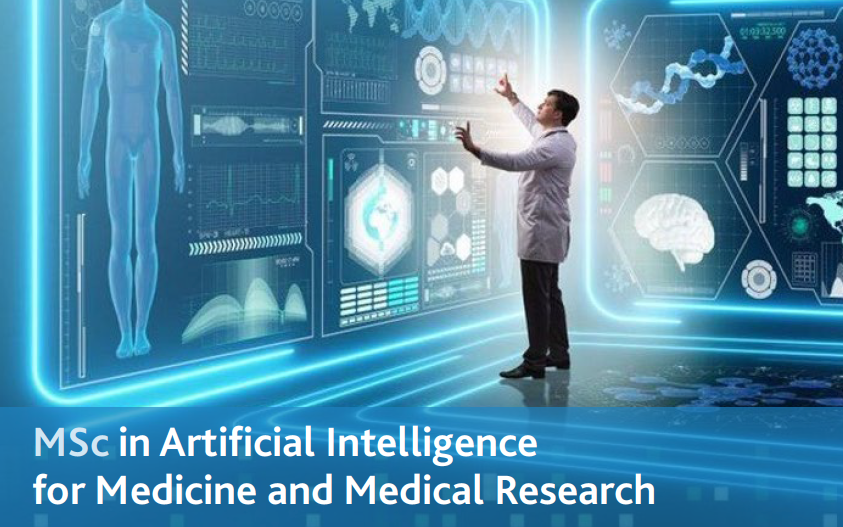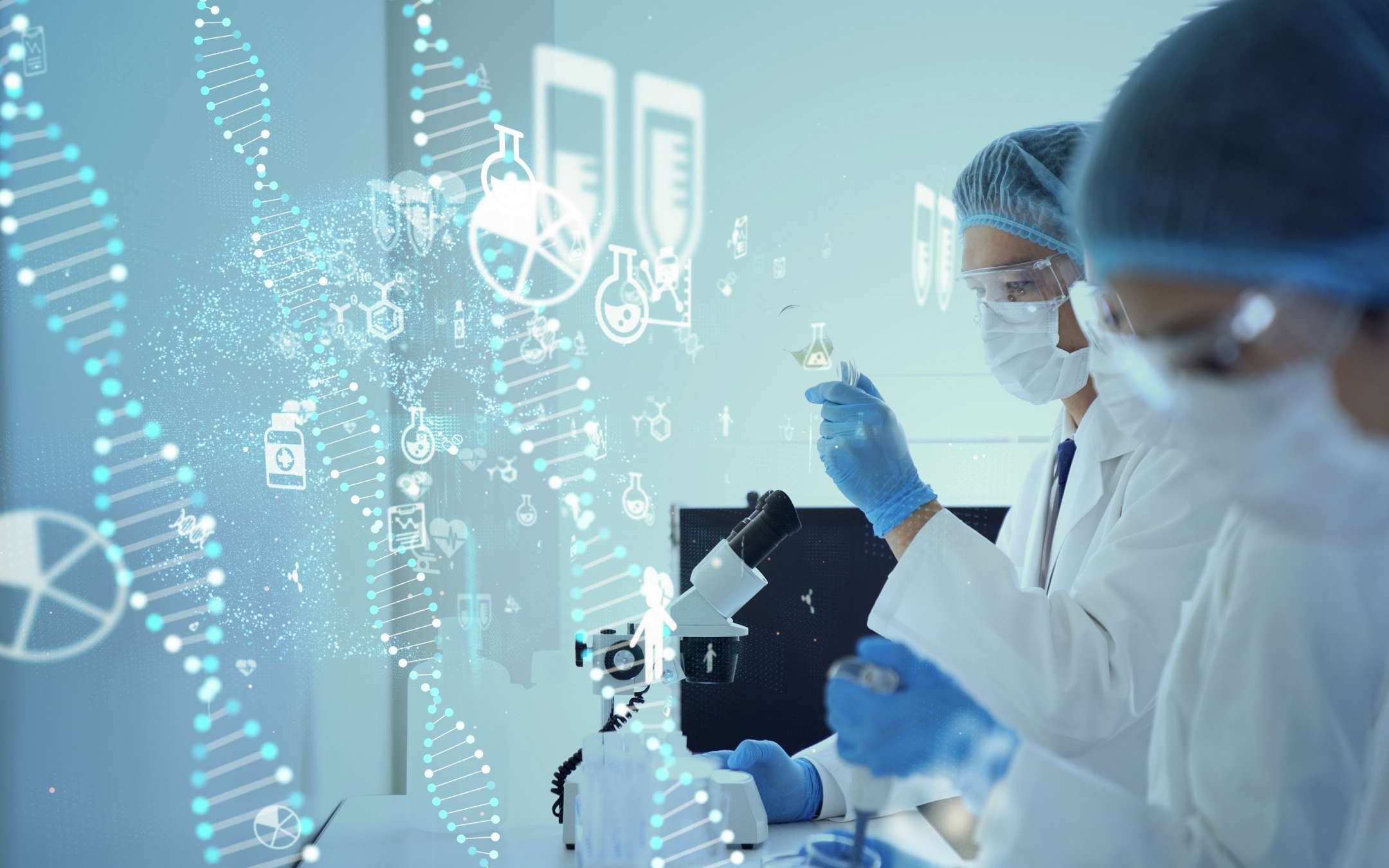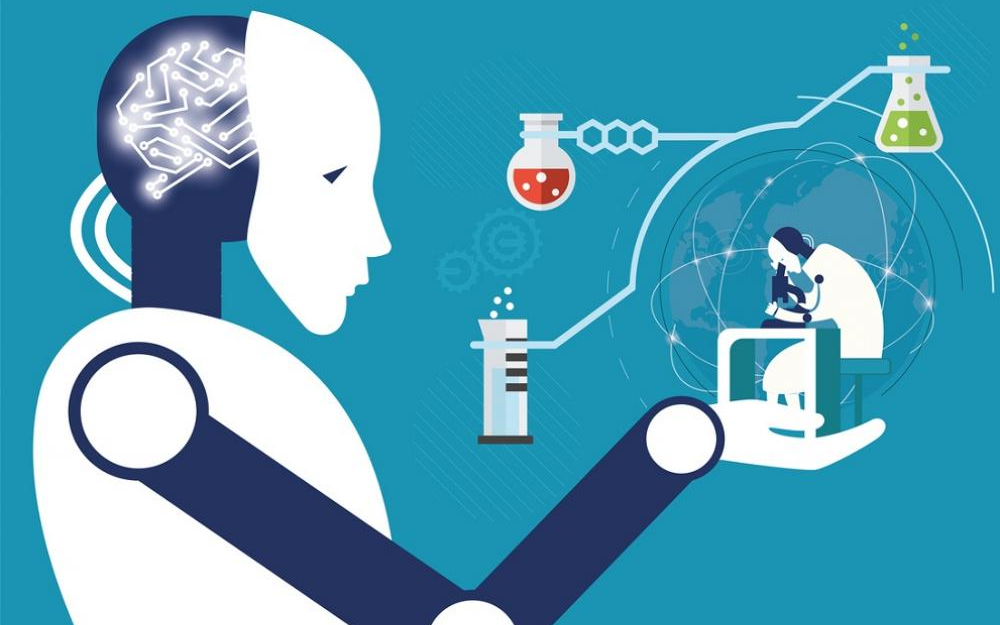Next generation to study AI in drugs and medicine
By Chris Wheal
February 28, 2024

Students will work on practical projects at both universities
Two university courses in London and Dublin aim to tackle the skills shortage in artificial intelligence (AI) within the pharmaceutical sector.
Queen Mary University London (QMUL) is launching its Artificial Intelligence for Drug Discovery MSc this September, while University College Dublin’s School of Medicine already has its MSc in Artificial Intelligence for Medicine and Medical Research.
Dr Arianna Fornili is course leader at QMUL’s School of Physical and Chemical Sciences. She told Pharma News the rationale behind the course. “Drug discovery in industry and academia is increasingly reliant on computational methods. Artificial intelligence is creating a revolution in the field, thanks to the advancements in computational power and the increased availability both of efficient algorithms and of high-quality data,” she said.
Shortage of professionals
But she said those skills were missing from traditional pharma courses. “Machine learning (ML) and advanced data analysis techniques are not part of the traditional training in undergraduate chemistry, pharmaceutical chemistry or related degrees. Consequently, there is a shortage of professionals with the breadth of knowledge and skills required to effectively apply computational methods to drug discovery pipelines.”
Crucially chemistry and pharmaceutical graduates will not have to have any prior knowledge of computer programming. The course will focus on developing practical skills through face-to-face teaching and interactive workshops.
“Students will develop practical coding skills using state-of-the-art software in extensive computer lab sessions. The programme will involve the delivery of foundational modules on scientific programming, machine and deep learning, and the principles of medicinal chemistry and lead optimisation,” Fornili said.
No programming knowledge required
Advanced modules will delve into the application of AI in drug discovery, but not just theoretical concepts – there will be practical applications. Students will carry out a research-based project where they will apply the concepts and tools learnt in the taught modules to complex problems and systems at the forefront of drug discovery research.
The course claims students will “develop advanced computational and programming skills with exposure to state-of-the-art applications and languages such as Python, TensorFlow, DeepChem and Alphafold”.
It says: “No prior knowledge of programming is assumed, making this ideal for graduates from chemistry or a related discipline who would like to specialise in the applications of AI in drug discovery.”
Dublin’s R&D focus
The Dublin course, now in its third year, is led by Dr Vadim Zhernovkov, assistant professor in UCD’s School of Medicine. The course claims it “consolidates core disciplines to address a rapidly increasing skills gap in the healthcare and biomedical research sector”.
Zhernovkov told Pharma News: “Our niche is to give students the opportunity to develop skills that are needed in the R&D field. Some students decide to continue their education and join a PhD programme, others choose the industrial route and work as data scientists.”
A common career path to an industry R&D department involves an undergraduate degree, an MSc, a PhD specialisation and then three to five years’ post-doctoral experience before joining an R&D department in industry.
But Zhernovkov said: “People can come to a company after an MSc course and work as a junior specialist or be part of a PhD programme founded by a company.”
AI in genomic medicine
The course brochure states: “AI is already revolutionising medical imaging, digital pathology, pharmaceutical research, and remote sensing and connected health.
“In the era of genomic medicine AI will transform the way we diagnose and treat diseases, reducing the impact of the healthcare crisis in industrialised countries caused by cancer, obesity and diabetes. It combines teaching in data analytics, machine learning/AI, systems biology, precision medicine, health informatics and connected health.”
Zhernovkov said: “One of the unique features of our programme is the combination of AI and ML modules with biology and medicine modules. We cover several applications, including image analysis and molecular profiling using DNA/RNA-seq. As part of the programme, we offer an individual research project module. Students work on real scientific projects in academic or industrial laboratories.”
Maths and stats
In contrast with the new London course, the Dublin MSc is aimed at computer scientists, data scientists, mathematicians and statisticians. However, it says: “We also offer the course for biologists who have good computer skills.”
Tell us how AI is affecting your role.







.png)